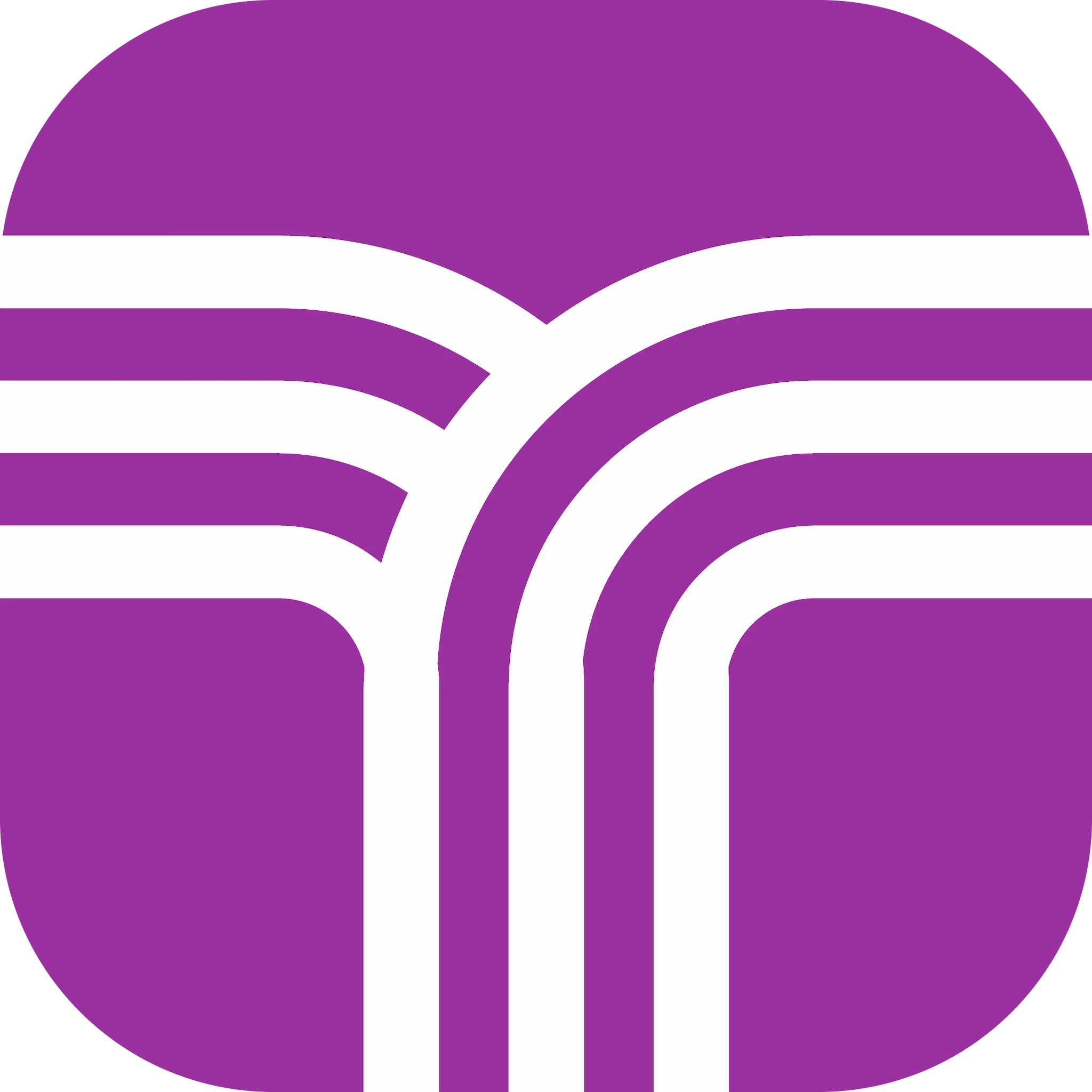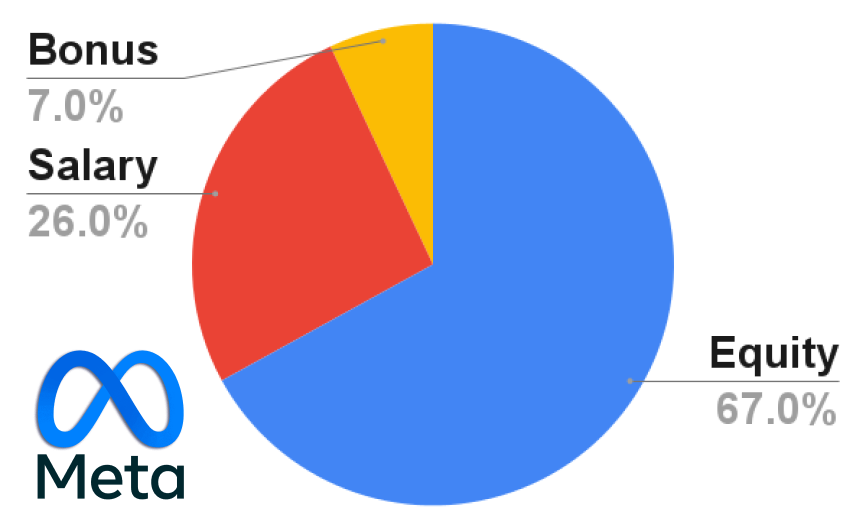Coders and No-Code: Why Software Engineers Should Learn No-Code Tools

The demand for custom software in the world is insatiable. Tech companies create value with their software products, but the demand is far broader than the tech industry: software is eating the world across law, real estate, and much more. Writing code is one way to build custom software (and one which will remain valuable), but the rise of no-code tools makes it even easier. That’s why even coders should consider adopting no-code tools.
Ask any successful Software Engineer and they'll point to the many projects they've built. Side projects are one of the best ways for developers to hone their craft, solve real user problems, and potentially earn money. We even have a dedicated masterclass about this on Taro! "How To Build And Grow Tech Products To 500k+ Users For Free."
Whether you want to build a sustainable micro-SaaS or you’re looking to earn income while unemployed, no-code tools are a powerful way to ship quickly and deliver value to users. No-code tools like Bubble enable the creation of data-driven applications without actually needing to use a programming language.
No-code tools offer software engineers a huge advantage to build something valuable, not just for side projects but also for contracting work. Traditional software development can be time-consuming and complex, but no-code tools offer tons of functionality and a thriving ecosystem. Here are the benefits:
Rapid Prototyping and Idea Validation
No-code tools enable software engineers to quickly turn their ideas into functional prototypes without writing extensive code. This speed and agility make it easier to validate concepts, test hypotheses, and gather valuable feedback, not just for side projects but also for client projects.
The best developers care about progress over technology, and no-code tools enable that. You’re in good company with developers who are leaning heavily into the no-code world. You can quickly spin up a website, app, or automation tool, and then refine your project rapidly based on feedback.
Lower Learning Curve For Developers
Don’t mistake no-code applications for “simple applications”. Platforms like Bubble allow you to create full-featured, professional-grade applications. As a developer, you have an inherent advantage in understanding the platform and what may or may not be possible. You already know how to THINK like a developer (designing data models, UX patterns, etc), which new no-code devs struggle with – your programming knowledge makes you more productive than most other no-code developers!
No-code allows you to build out and deliver a project efficiently. The learning curve between projects is also dramatically lower, since you don’t have to learn a new technology or framework when you stay within the platform.
Build Tools For Other No-Code Developers
I frequently tell engineers on Taro to leverage large platforms where their work can be discovered. This was one of the main reasons why my projects have been mobile apps. There are billions of Android users in the world, so having a successful app boils down to ranking highly for a valuable search keyword on the Play Store.
In the next 5-10 years, many more people will begin using no-code tools. As a developer, you’re well-positioned to use a platform like Bubble to create templates or courses that others can use and even pay for! There’s already a clear demand, now you just need to capitalize!
Focus on Business Outcomes
Since no-code tools handle a lot of the technical heavy lifting, software engineers can better focus on understanding the business needs for their user or client. This shift toward business outcomes can result in more satisfied users and higher developer satisfaction.
No-code tools are a powerful addition to the toolkit of any software engineer, whether working on side projects or contracting work. As no-code tools become more popular, developers are well-equipped to use their technical background to provide (and capture) tons of value from the emerging ecosystem. If you pick up any no-code tools, tell us your experience (and grab the Bubble credit from joinTaro.com/perks)!
- Rahul




Comments ()